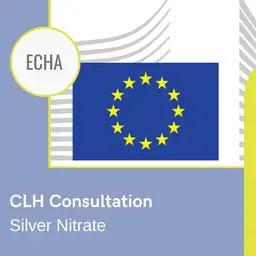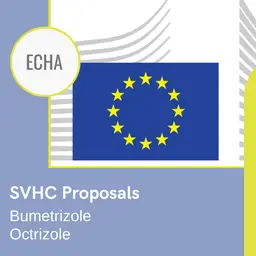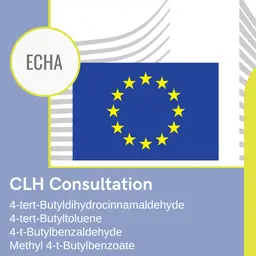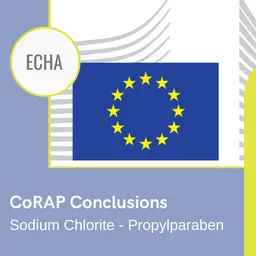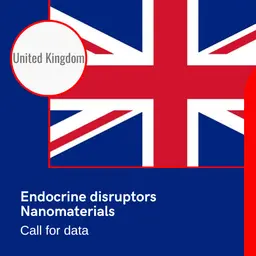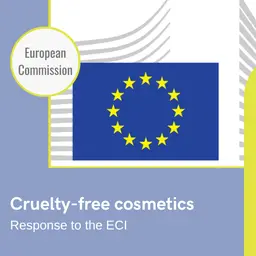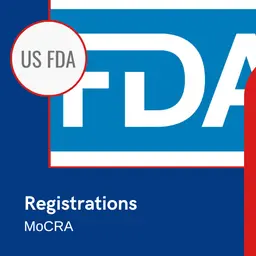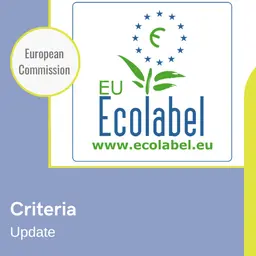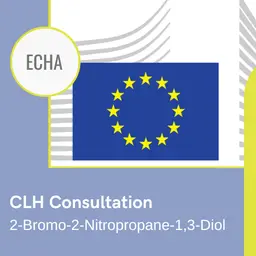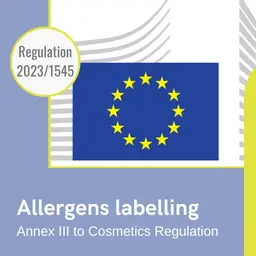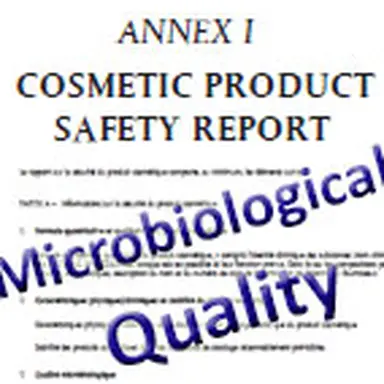
The third section of the Annex I requires to provide the microbiological specifications of the ingredients and of the finished product… The European Commission Guidelines, as well as different reference texts (ISO standards, notes by the European SCCS), make a distinction between several types of products. Thus, the first point is to know how the product shall be classified.
The Annex I text requires:
• The microbiological specifications of the substance or mixture and the cosmetic product. Particular attention shall be paid to cosmetics used around the eyes, on mucous membranes in general, on damaged skin, on children under three years of age, on elderly people and persons showing compromised immune responses.
• Results of preservation challenge test.
The microbiological quality of raw materials
The microbiological specifications of raw materials may depend on several criteria:
• The chemical nature of the substance
• Its origin
• Its pH
• Water action
• The manufacturing process
• The original level of contamination, and the potential for micro-organisms growth…
These data are especially important for the raw materials the most prone to contamination, such as:
• Water-based blends
• Hhigh-in-proteins substances
• Raw materials from plant or animal origin
The microbiological quality of the finished product
The Annex I guidelines distinguish between three types of cosmetic products:
• Low microbiological risk products: they contain more than 20% alcohol, or are based on organic solvents; high- and low-pH products, etc. For them, neither a challenge test nor a check of their microbiological cleanliness is required
• Single-use products, with no risk of …

